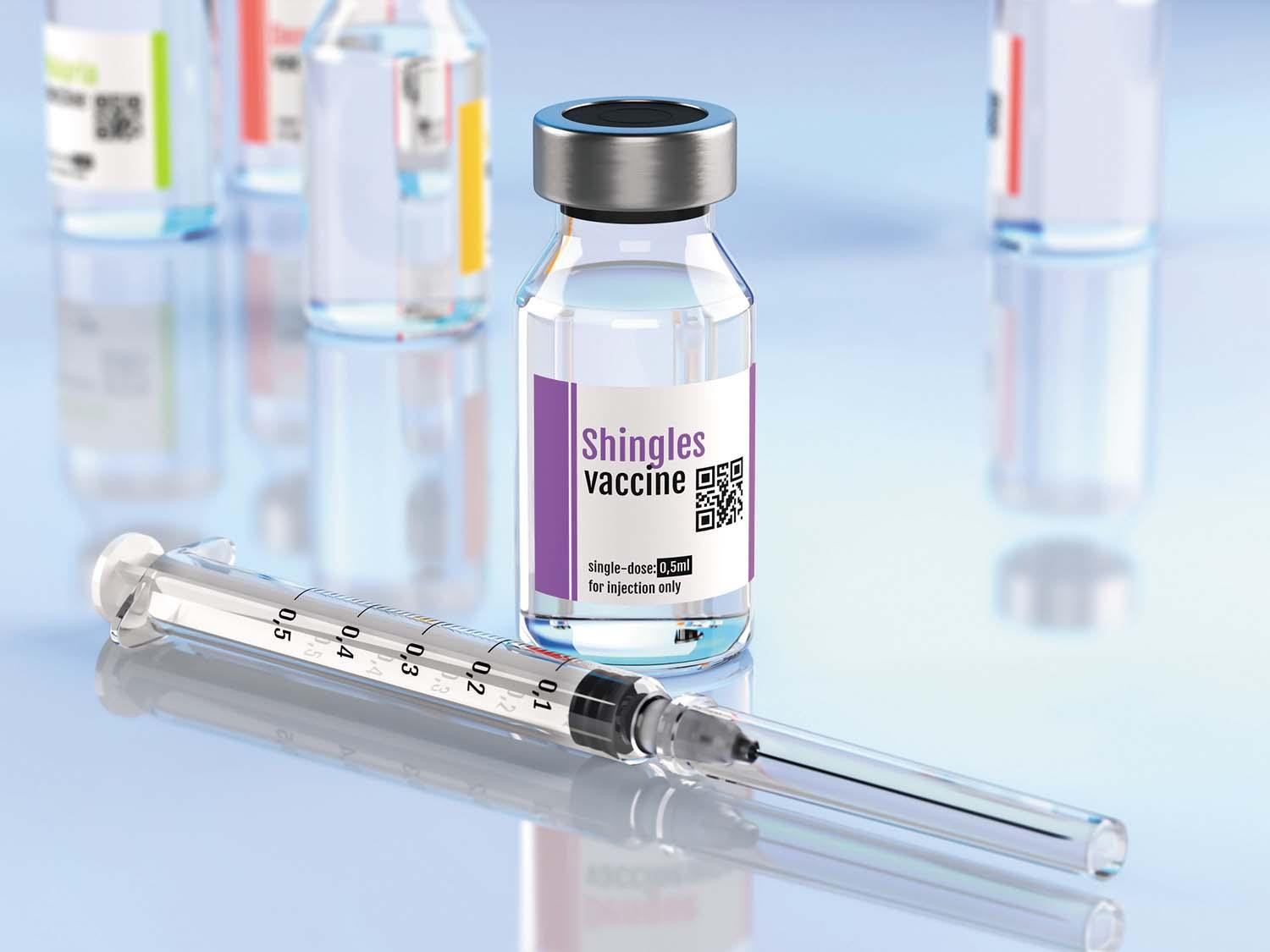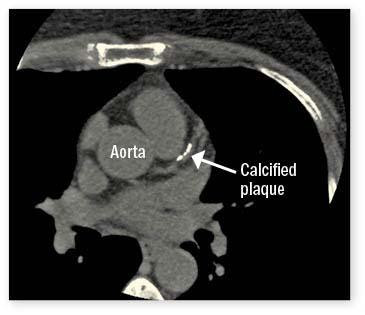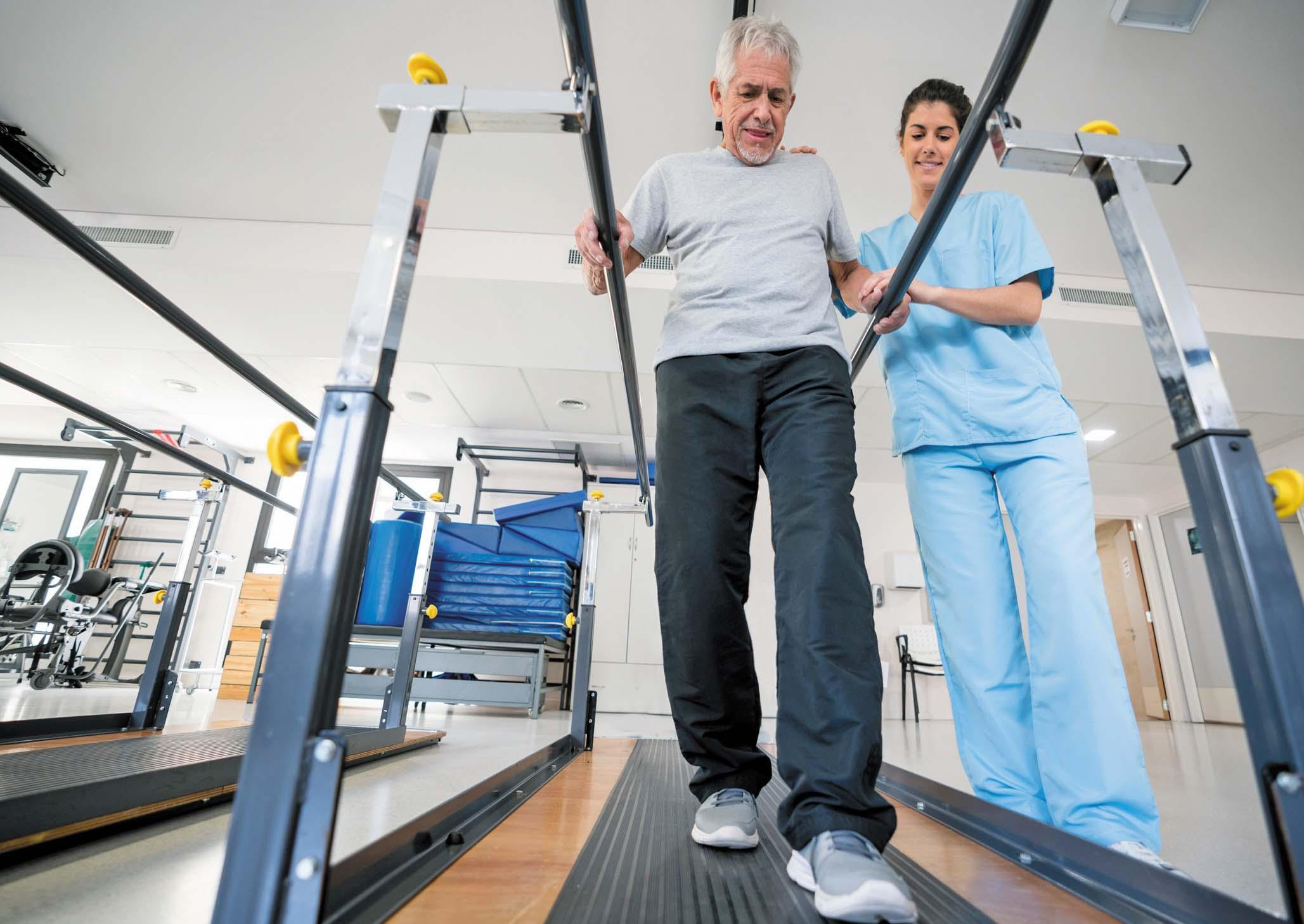
Driving with arthritis pain: Stay comfortable — and safe — behind the wheel

Daily cup of coffee may prevent afib recurrence

Gene-editing therapy lowers harmful blood fats in early study

What is EMDR therapy, and who can it help?

GLP-1 drugs versus bariatric surgery for treating obesity

Two dumbbells, three exercises, and 10 minutes

Easing the emotional burden of IBS

Modify your push-ups to meet your fitness level

What is long QT syndrome?

Stroke survivors may benefit from very low LDL levels
Heart Disease Archive
Articles
Higher fitness levels may protect against atrial fibrillation
A 2025 study suggests that higher fitness levels may help protect people from developing atrial fibrillation.
The heartfelt effects of exercise
Exercise is one of the most powerful tools for preventing heart disease and extending life. Physical activity triggers favorable changes such as making cells more sensitive to insulin and reducing inflammation. It also helps keep blood vessels supple and flexible (which supports efficient blood flow), strengthens muscles (which helps burn more calories), and remodels the heart, making it more efficient at pumping blood through the body. Together, these changes all reduce a person’s chances of developing common risk factors for heart disease, including diabetes, high blood pressure, high cholesterol, and obesity.
The five factors that drive heart disease
A 2025 study finds that smoking and high blood pressure are the two most important factors driving heart disease risk. Together with high cholesterol, excess weight (or being underweight), and diabetes, these five factors account for about 50% of the burden of cardiovascular disease. Compared to people with all five risk factors at age 50, those who had none of the factors were far less likely to develop cardiovascular disease or die early. On average, women with none of the risks at midlife lived 13 more years without heart disease, while men lived an additional 11 years.
A new risk calculator estimates your heart’s age
A free online tool that estimates your heart’s age suggests that most adults have a heart that is older than their chronological age, according to a 2025 study.
Can the shingles vaccine protect my heart?
A 2025 study found that people who had received a shingles vaccination had lower risks for stroke and various types of heart disease, including heart failure and heart attacks, compared with people who didn’t receive a shingles vaccine.
A cold drink may trigger an episode of atrial fibrillation
For some people with atrial fibrillation, cold drinks and foods can trigger a bout of the rapid, irregular heartbeat that characterizes the disorder. Avoiding those triggers nearly always prevents this phenomenon, dubbed “cold drink heart.”
Just 7,000 daily steps reduces heart disease risk
A 2025 review found the people who walked 7,000 steps per day had a 25% lower of cardiovascular disease and a 47% lower risk of death from all causes compared to people who walked only 2,000 steps per day.
When incidental findings on scans reveal hidden heart disease
Imaging tests such as chest CT scans and mammograms, which can detect calcium deposits in arteries, can provide information about a person’s cardiovascular health. These so-called incidental findings—when a medical test discovers something unrelated to the original purpose of the test—have become increasingly common in recent years. With a chest CT, calcifications are grouped into four categories: none, mild, moderate, or severe. That’s often enough for a cardiologist to make a solid decision about whether to maintain or intensify a person’s drug treatment to prevent heart disease progression.
Cardiac rehab appears to help people with atrial fibrillation
A 2025 analysis of randomized trials found that cardiac rehab—a personalized program of supervised exercise and healthy lifestyle coaching—can also help people with atrial fibrillation, an irregular heartbeat that can cause stroke and heart failure.
Alcohol and heart health: A complex relationship
The association between alcohol and cardiovascular disease is both complex and controversial. There’s no evidence of an increased risk for the most common forms of heart disease in people who stay within the limits for moderate drinking. Whether light to moderate drinking can lower a person’s risk is impossible to answer with currently available evidence. But there is clear, consistent evidence that heavier drinking—an average of three or more drinks per day—is linked to worse outcomes for every type of heart disease.

Driving with arthritis pain: Stay comfortable — and safe — behind the wheel

Daily cup of coffee may prevent afib recurrence

Gene-editing therapy lowers harmful blood fats in early study

What is EMDR therapy, and who can it help?

GLP-1 drugs versus bariatric surgery for treating obesity

Two dumbbells, three exercises, and 10 minutes

Easing the emotional burden of IBS

Modify your push-ups to meet your fitness level

What is long QT syndrome?

Stroke survivors may benefit from very low LDL levels
Free Healthbeat Signup
Get the latest in health news delivered to your inbox!
Sign Up











